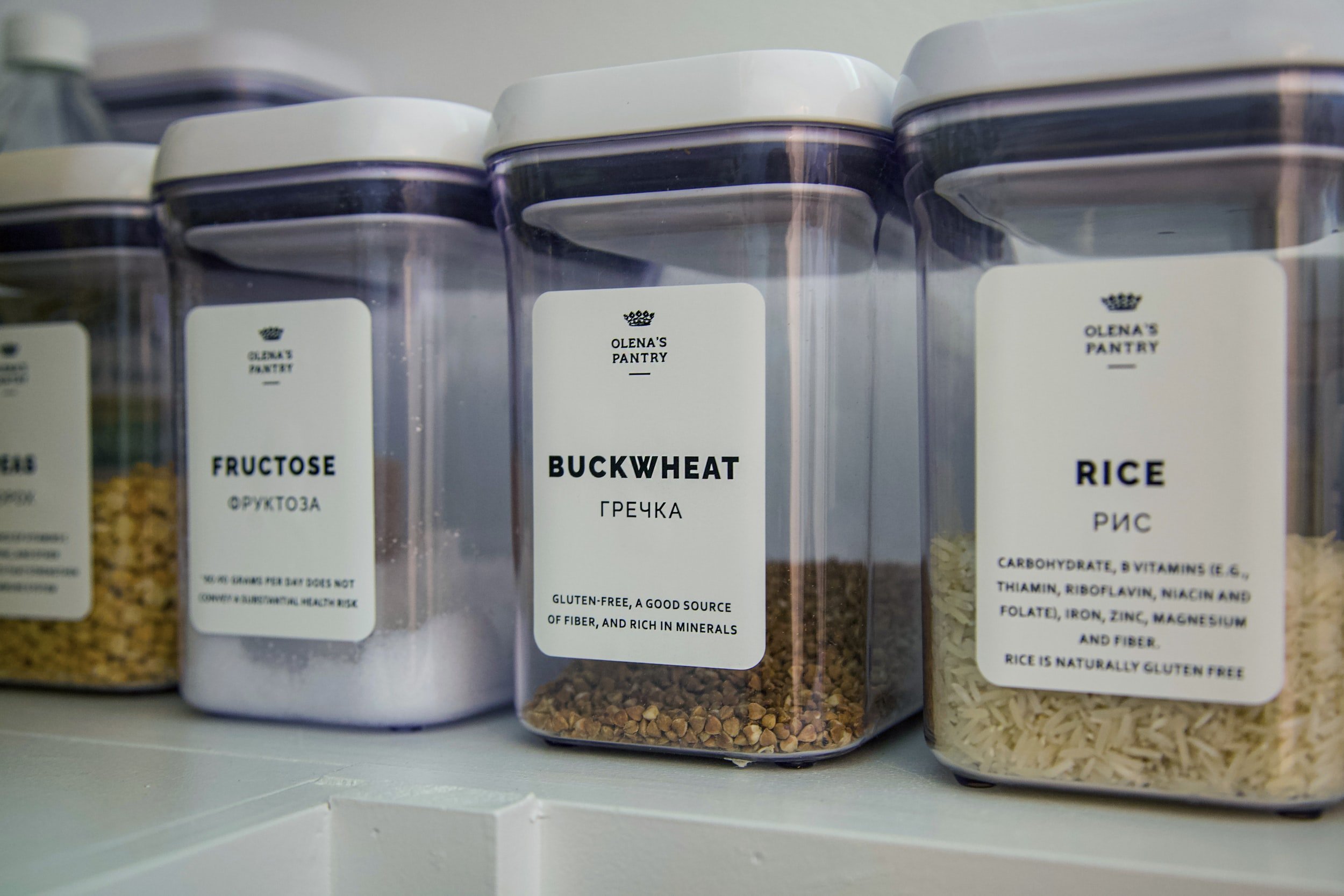Three Reasons to Go Easy on Gluten
Ronald Grisanti D.C., D.A.B.C.O., DACBN, MS, CFMP
Gluten has been the topic of hot debate by a growing number of healthcare providers.
The literature is overflowing with the detrimental impact gluten has on the intestinal wall.
When you eat gluten, your body produces a molecule called zonulin. The increase in zonulin is linked to increased intestinal permeability aka: leaky gut.
Leaky gut can create a cascade of damaging health issues including autoimmune disease and many inflammatory diseases.
Three Reasons to Go Easy on Gluten
Although today's article is not intended to do a deep dive into leaky gut syndrome, my objective is to present three additional reasons to avoid gluten.
1: Most of the wheat (gluten) eaten today is termed dwarf wheat and contains amylopectin A. This is a super starch worse than sugar. Of special interest, amylopectin A is a trigger of small LDL particles. When wheat is removed from the diet, these small LDL levels reduce by 90 per cent. Amylopectin digestion may raise blood sugar and insulin levels, causing an increase in triglycerides and cholesterol and leading to fat accumulation
2: Most wheat has been sprayed with the weed killer, glysophate. There is growing evidence linking glyphosate to cancer, endocrine disruption, fertility and reproductive concerns, kidney disease, heart disease, liver disease, microbiome disruption and neurotoxicity.
3: Most wheat contains a preservative called calcium propionate which has been linked to mood, behavior and attention problems.
Comments:
Although the thought of going gluten-free can be challenging I would simply say that the health benefits of avoiding gluten is worth it.
A viable option is Himalayan Tartary Buckwheat. The unique composition of Tartary buckwheat contributes to its various health benefits such as anti-oxidative, anti-cancer, anti-hypertension, anti-diabetic, cholesterol-lowering, and cognition-improving.
Dr. Jeffrey Bland offers a premium Himalayan Tartary Buckwheat at https://bigboldhealth.com
References:
https://www.ncbi.nlm.nih.gov/pmc/articles/PMC7767453/
https://draxe.com/nutrition/amylopectin/
https://www.healthcentral.com/article/all-complex-carbohydrates-are-not-created-equal
https://michaelkummer.com/health/why-avoid-grains/
https://wellnessmama.com/health/dr-william-davis-wheat-belly/comment-page-4/
https://www.ncbi.nlm.nih.gov/pmc/articles/PMC3945755/
https://usrtk.org/pesticides/glyphosate-health-concerns/
https://jphe.amegroups.com/article/view/3665/4415
https://www.ewg.org/news-insights/news/glyphosate-contamination-food-goes-far-beyond-oat-products
https://www.ucf.edu/pegasus/processing-risk-childhood-autism/
https://elizmalambert.com/the-link-between-processed-foods-gut-bacteria-and-autism/
The information on this website is not intended to replace a one-on-one relationship with a qualified health care professional and is not intended as medical advice. It is intended as a sharing of knowledge and information from the research and experience of Dr. Grisanti and his functional medicine community. Dr. Grisanti encourages you to make your own health care decisions based upon your research and in partnership with a qualified health care professional. Visit www.FunctionalMedicineUniversity.com for more information on our training in functional medicine. Look for practitioners who have successfully completed the Functional Medicine University's Certification Program (CFMP) www.functionalmedicinedoctors.com. This content may be copied in full, with copyright, contact, creation and information intact, without specific permission, when used only in a not-for-profit format. If any other use is desired, permission in writing from Dr. Grisanti is required


